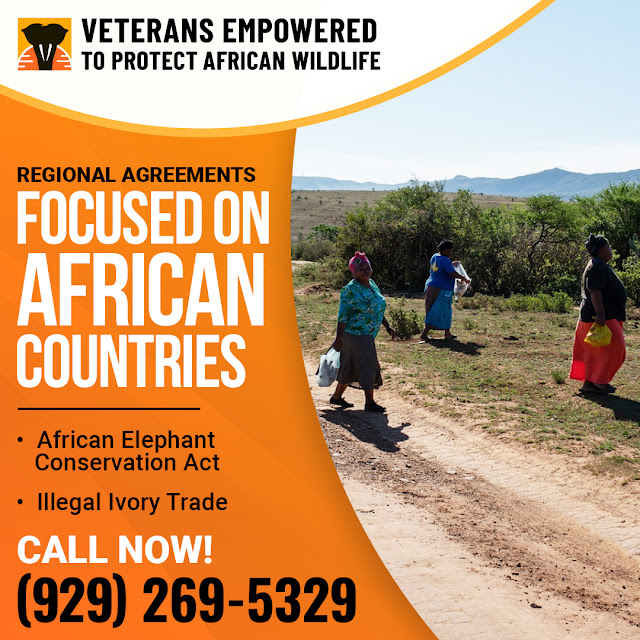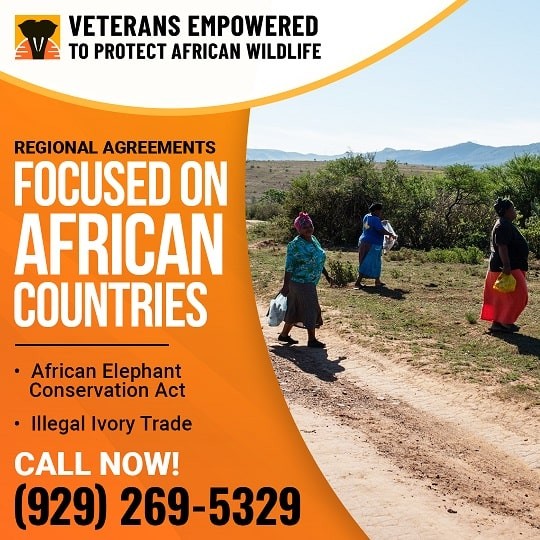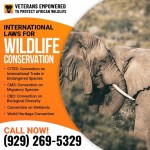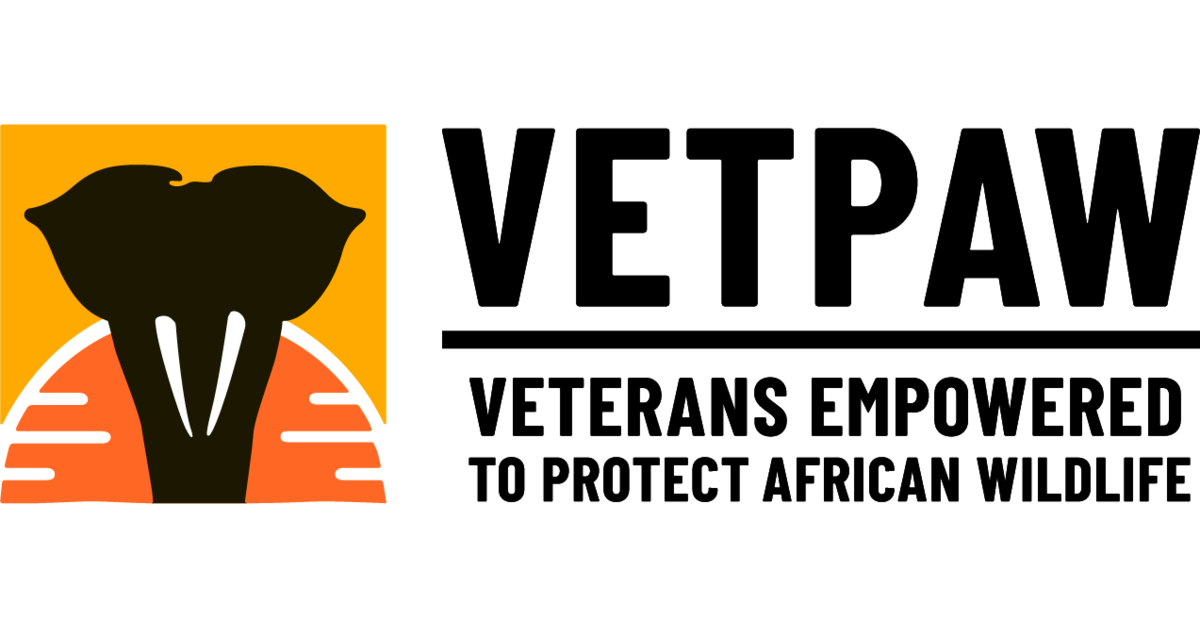International laws for wildlife conservation
International laws play a significant role in wildlife conservation. With the prevalence of transnational wildlife crimes, international cooperation and regulations are indispensable. VETPAW reviews some of the important international laws that help in the conservation of wildlife.

What is international wildlife law?
Wildlife conservation agreements collectively make up the international wildlife law. These include the ‘Big 5’ global instruments and a variety of regional instruments.
International wildlife laws are a crucial conservation tool that can help in preserving wildlife across nations. With their long-term, legally binding commitments on a transboundary scale, international wildlife laws enable better cooperation and better strategies to combat wildlife threats. As the global biodiversity crisis continues to gain momentum, international laws need to drive further cooperation between lawyers and other conservation professionals to have an impact on wildlife conservation.
The ‘Big 5’
- CITES, 1973 - The Convention on International Trade in Endangered Species is an international agreement between governments that establishes protection for over 35,000 species in the scope of international wildlife trade. This agreement currently has 183 members.
- CMS, 1979 - The Convention on Migratory Species is an international environmental treaty that was signed under the United Nations Program (UNEP). This treaty acts as a global platform for the conservation and sustainable use of migratory animals and their habitats. This treaty currently has more than 120 members.
- CBD, 1993 - The Convention on Biological Diversity aims to enhance the conservation of biological diversity and the sustainable use of Earth’s resources. CBD has 196 parties.
- Convention on Wetlands, 1976- The Ramsar Convention on Wetlands of International Importance is an international treaty for the conservation and sustainable use of wetlands. Currently, it has 171 contracting parties.
- World Heritage Convention, 1972: The UNESCO Convention Concerning the Protection of the World Cultural and Natural Heritage provides for the identification and conservation of sites of outstanding universal value from a natural or cultural point of view, to be included in the World Heritage List. While responsibility for conservation is primarily vested in the nation state where the site is located, the Convention also provides for international assistance funded by the World Heritage Fund. At the time of inception, 721 properties were listed, including 144 natural and 23 mixed (cultural and natural). Currently, the convention has 193 parties.
Regional agreements focused on African countries
1. African Elephant Conservation Act 1989
Due to the vast illegal ivory trade, the elephant population was falling swiftly. In 1989, an agreement was reached to make every effort to control the exploitation and poaching of African elephants for their ivory. Some African countries had already put conservation measures in place but the compliance of more African countries was needed to arrest the decline in the African elephant population.
2. Illegal Ivory Trade
Besides many efforts of conservationists and park rangers, INTERPOL's MOGATLE operation has been active in stopping illegal trade in ivory. This agreement on illegal ivory trade followed the decline in the elephant population.
International wildlife law has its limitations but it is one of the most effective mechanisms for conservation owing to its effectiveness in integrating cross-border approaches and long-term commitments. VETPAW has been working tirelessly to support the conservation of wildlife in tandem with the International laws.
VETPAW Charity Ratings
VETPAW believes in financial transparency. As a registered 501(c)(3) nonprofit, it relies on donations to fulfill its missions, but all contributions to its cause are tax-deductible as charity donations. All donations that VETPAW receives goes toward:
- Stopping illegal wildlife trade
- Protecting endangered animals
- Providing work to unemployed veterans
- Supporting African communities

VETPAW - Veterans Empowered to Protect African Wildlife
Founded in 2013, VETPAW is a non-profit organization and a community of US war veterans dedicated to protecting African wildlife and training local African rangers in the war against poaching.

























